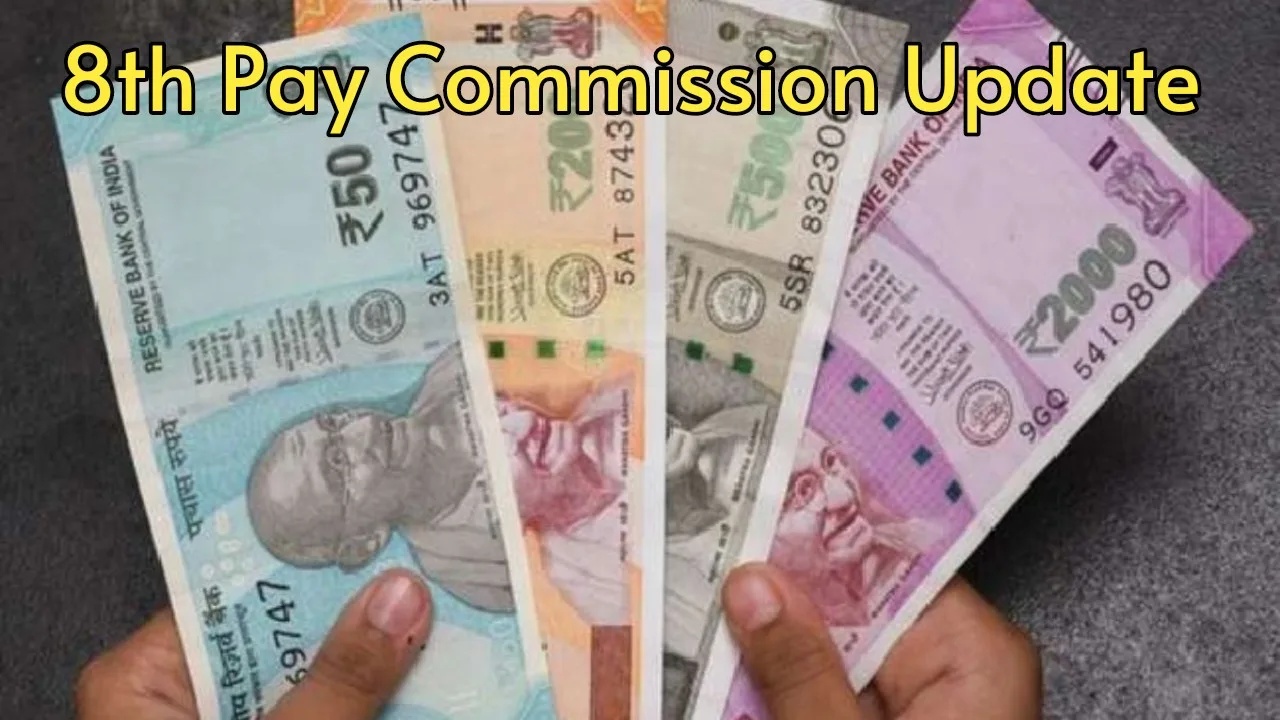
Uncertainty Surrounds 8th Pay Commission Implementation
Central government employees and pensioners are facing prolonged uncertainty as the implementation of the 8th Pay Commission’s recommendations continues to be delayed. Originally slated for January 2026, the commission has yet to be formally constituted, raising concerns about when the much-anticipated salary and pension adjustments will materialize. Employee organizations have repeatedly urged the government to expedite the process, emphasizing the need to resolve the ambiguity that has persisted for months. With the previous 7th Pay Commission’s recommendations implemented in 2016, the timeline for the next round of reforms has become a focal point of public and political discourse. However, the slow pace of administrative action suggests that the 2026 deadline may be unattainable, prompting calls for a more transparent and timely approach to addressing the financial needs of millions of public sector workers.
Historical Context and Current Challenges
The 8th Pay Commission, like its predecessors, is expected to review salary structures, pension benefits, and other compensation-related matters for central government employees. The last major overhaul came in 2016, when the 7th Commission’s recommendations led to a significant increase in the minimum salary from Rs 7,000 to Rs 18,000. However, the current delay has sparked debates about the efficiency of bureaucratic processes in handling such critical reforms. Despite the 2026 target, officials have indicated that the commission’s formation and terms of reference remain under discussion, with no clear timeline for completion. Given the historical pattern of commissions taking 18-24 months to finalize recommendations, experts warn that the 2026 deadline is unlikely to be met. This raises questions about the government’s commitment to addressing long-standing grievances among public sector workers.
Fitment Factor: The Key to Salary Reforms
At the heart of the Pay Commission’s recommendations lies the fitment factor, a multiplier that determines the new basic salary for employees. This factor has historically played a pivotal role in shaping compensation levels. For instance, the 7th Commission’s fitment factor of 2.57 resulted in a minimum salary of Rs 18,000, while the previous Sixth Commission’s factor of 1.86 led to an increase from Rs 2,750 to Rs 7,000. Analysts suggest that the 8th Commission’s fitment factor could range between 2.5 and 2.86, potentially raising the minimum salary to between Rs 40,000 and Rs 51,000. These projections highlight the significant impact of the factor on both individual incomes and the broader public sector workforce. However, the delayed process has left employees and pensioners in limbo, with no clarity on how these adjustments will be applied or when they will take effect.
Broader Implications for Public Sector Workers
The prolonged delay in the 8th Pay Commission’s implementation has far-reaching implications for the financial stability of central government employees and pensioners. With inflation and living costs rising, the postponement of salary and pension adjustments exacerbates existing economic pressures. The uncertainty also affects workforce morale, as employees await promised benefits that could improve their quality of life. Meanwhile, the government faces growing scrutiny over its ability to deliver on long-term commitments. The lack of a clear timeline for the commission’s formation has fueled speculation about potential reforms to the process itself, including accelerated timelines or expanded mandates. As the debate continues, the need for a transparent and efficient mechanism to address the financial needs of public sector workers remains a pressing priority.
Call for Transparency and Urgent Action
Amid mounting pressure, employee unions and civil society groups have intensified their calls for transparency and expedited action. They argue that the delay undermines the trust of public sector workers and risks further eroding their confidence in the government’s ability to manage critical reforms. Senior officials have acknowledged the complexity of the process, but the absence of a concrete roadmap has left stakeholders in limbo. As the 2026 deadline approaches, the focus is shifting toward ensuring that the commission’s recommendations are not only finalized but also implemented in a timely manner. The challenge now lies in balancing bureaucratic procedures with the urgent needs of millions of employees and pensioners, whose livelihoods depend on the outcome of this pivotal review.



